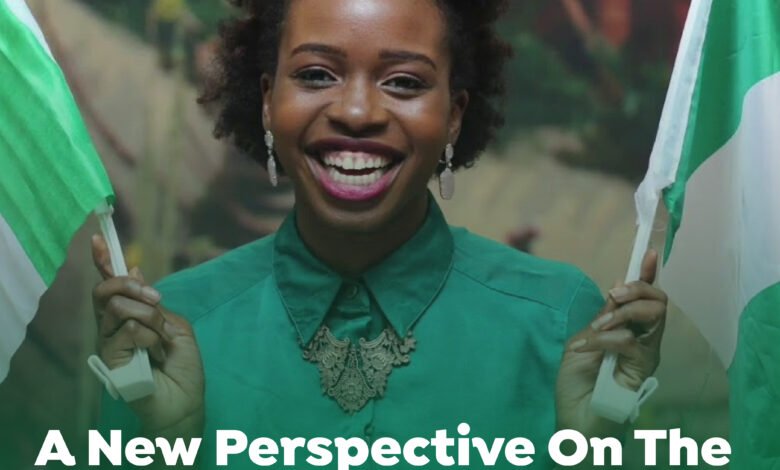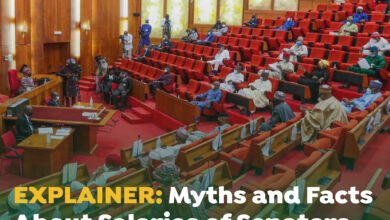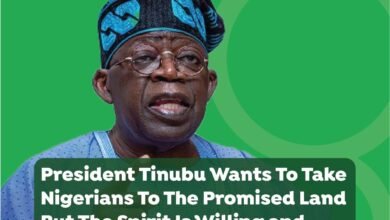
Not many Nigerians know that one of the recommendations of the 2014 national conference was the return to the old national anthem, a decision assented to by President Bola Tinubu on May 28, 2024.
Chief Mike Ozekhome, a legal luminary who proposed the reversion, said the President’s action was long overdue and in the country’s best interest.
However, the debate isn’t without dissent. While President Tinubu, in a 2021 interview, expressed his preference for “Nigeria, We Hail Thee,” citing its reflection of unity in diversity, others hold different views.
“We are one and one Nigeria,” the president told the journalist, “And we should be proud. In fact, if I had my way, I would bring back our old, first national anthem. That describes us much better. I don’t know why we changed it. Is it about service? Is it a matter of diversity? Is it about commitment? Is it about values and nation-building?
Opponents of the switch argue that “Arise, O Compatriots,” adopted in 1978, represented a fresh start after a period of military rule. They feel reverting back disregards that historical context and the emotions tied to the anthem. Some citizens worry the change might alienate younger generations who grew up singing “Arise.”
The online debate reflects this divide. Critics of the change accuse the government of using it as a distraction tactic, while proponents see it as a step towards national unity.
‘An anthem of reflection’
Analysts like Dele Ajagba believe the President’s long-held preference for the old anthem influenced the swift passage of the bill. But will “Nigeria, We Hail Thee” truly foster unity?
“The president is probably the first Nigerian head of state since 1978 to have expressed reservation for the national anthem,” the analyst noted. Given the prevailing economic realities in the country, he posited that the national anthem might seem insignificant, but once the nation’s dust settles, people will begin to connect the dot of the anthem to their lived reality.
Another analyst, Gabriel Simon, said that the new anthem is more profound than the previous one, noting that the song can foster unity in diversity, instill patriotism, and assist the country in confronting its multifaceted challenges head-on and with renewed hope, confidence, and optimism.
Musa Awwal enthused, “President Tinubu has always been big on mindset. It is good to see him taking significant steps towards championing a new Nigeria where people will see themselves as Nigerians first, despite the difference in their tongues and tribes.”
The Anthem and the Economy
As highlighted by some analysts, the economic situation potentially makes the anthem debate seem insignificant.
“Can a national anthem truly inspire patriotism and progress if the nation’s economic woes remain unaddressed? Perhaps the true path to national unity lies not just in symbolic gestures, but in tackling core issues that impact every Nigerian’s daily life.” a Public Affairs analyst, Ayorinde Joseph argued.
While the online and offline debate rages, it’s important to remember that national anthems are more than just music.
They are a reflection of a nation’s identity, its history, and its aspirations for the future.
The true test of this change will lie in how effectively it unifies the nation and inspires Nigerians to confront their challenges together.





